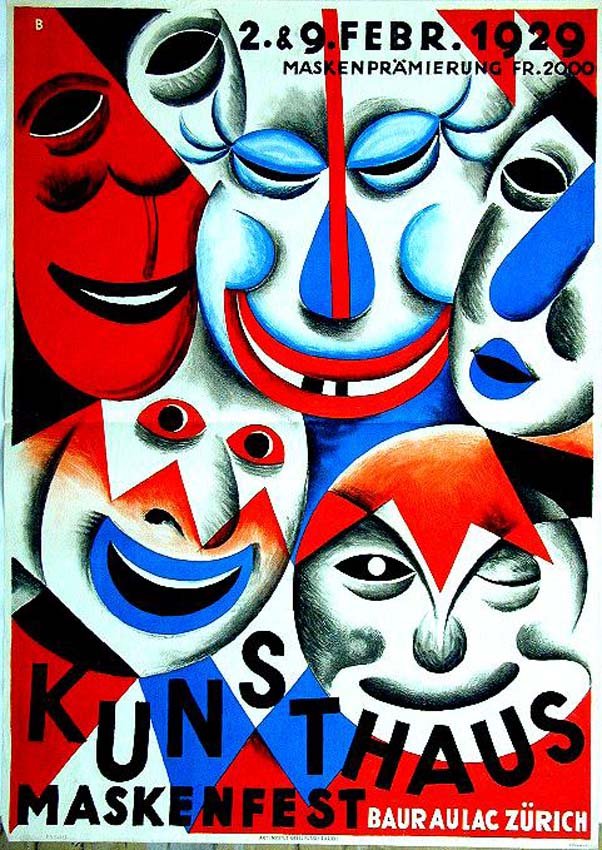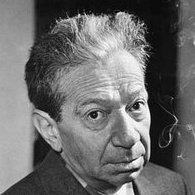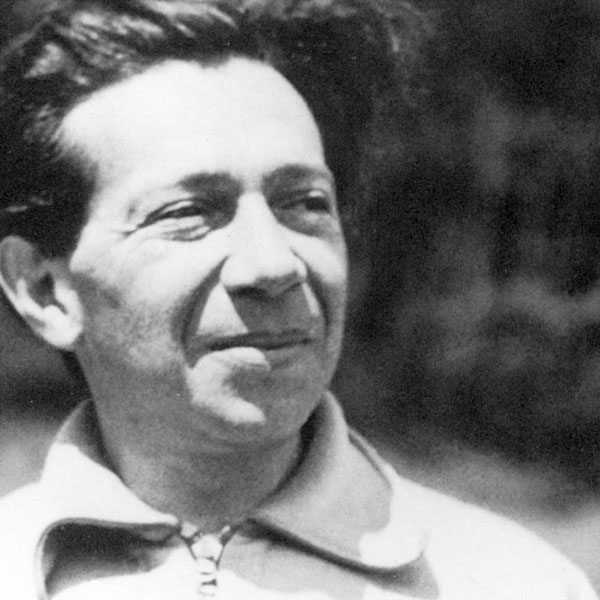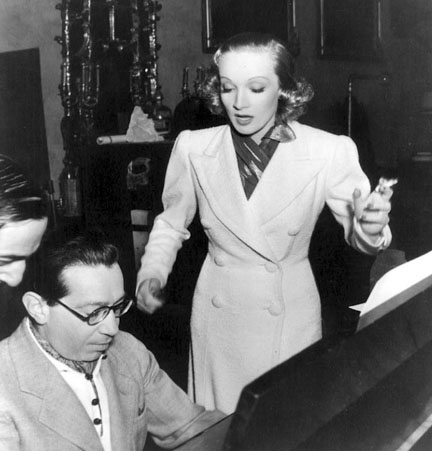

Friedrich Hollaender
Friedrich Holländer was born in London where his father Victor Holländer was the Musical Director for the Barnum & Bailey circus. The family returned to Berlin in 1899 and young Friedrich was steeped in music and theatre throughout his childhood.
One of the outstanding songwriters of the Weimar-era, Friedrich Holländer first came to the attention of the Berlin cabaret scene at Rosa Valletti’s Kabarett Größenwahn in the early 1920s. At this time, he was married to the actress Blandine Ebinger and they had a daughter, Philine, prior to their divorce in 1926.

His later revues became the soundtrack to the era and he often collaborated with jazz band, the Weintraub Syncopators – both were to gain international recognition after the release of the film Der blaue Engel (The Blue Angel) in 1930. His song from that film, Ich bin von Kopf bis Fuß auf Liebe eingestellt, sung by its star Marlene Dietrich, gained international fame and longevity as Falling in Love Again (Can’t Help It).
In 1931, he opened his own cabaret venue Tingel-Tangel-Theater in the basement of the Theater des Westens, in Kantstraße. The opening production Spuk in der Villa Stern (Ghosts in the Villa Stern), contained some bitter criticism of Hitler and the rise of the far right and even parodied the National Socialists’ obsession of blaming everything, even the weather, on the Jews.
Fleeing from the Nazis in 1933, he first headed for Paris and then for the US. He wrote the scores for over hundred films, often worked with Marlene Dietrich and received four Oscar nominations.

He returned to Germany in 1956, this time to Munich, where he continued to write and compose until his death in 1976, aged 80.
